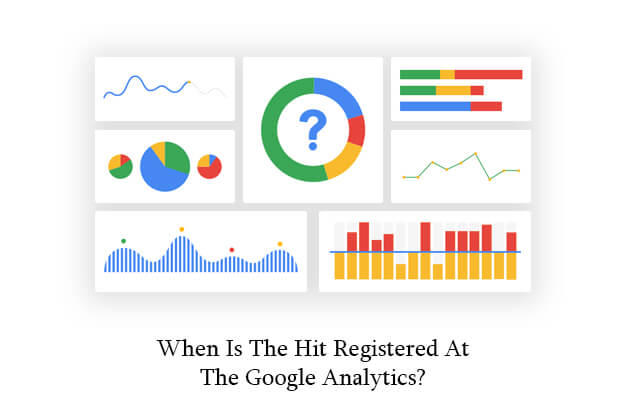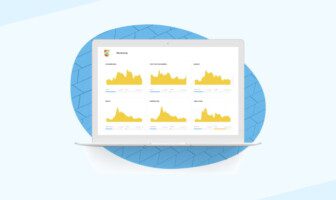When you understand the working process of the tracking code, you will get surprised to know how a small script of HTML embedded code is changing the whole process of the viewer’s activity tracking. To understand these, you have to know when does the tracking code sends an event hit to google analytics? Now google analytics is the most reliable tool to trace the user’s activity.
So let’s see the definition of tracking code.
What Is A Tracking Code?
Tracking codes are a small script of HTML codes. These tracking codes are going to improve the tracking mechanism. From the tracking code, the webmaster and the advertisers are checking the daily activity of their targeted customers. This small piece of code is preserving every detail regarding the customer’s activity.
So when does the tracking code send an event hit to google analytics? Or when these tracking codes are sending the green signal to Google Analytics to count the number as the hit. You have four possible answers to these solutions.
These possible four options are when a user adds an item to an online shopping cart, when a user clicks a video on a website, or a search on a website. And the last option is when a user loads a webpage with embedded tracking code.
Among these four options, only one is the correct answer to the question. Can you guess the answer?
Take a look at the correct answer to the question with the proper explanations.
When Is The Hit Registered At The Google Analytics?
When you want the correct answer to when does the tracking code send an event hit to google analytics? You have to know the working process of google analytics.
Google Analytics is a tool that is going to register every customer’s behavior. Google Analytics is an AI-based tool that measures the customer’s behaviors by analyzing the tracking codes.
A web page contains many elements. Whenever you are going to use the analytics when one event is happening, google analytics gives the green signal to count the event as the hit. And register the hit record.
If you want to track down the viewer’s activity, you have to put the analytics tracking codes on your webpage. But if you do not put any analytics tracking codes on your webpage. Google Analytics is not going to register as the hit.
So now you know when does the tracking code sends an event hit to google analytics? Google Analytics is registering the event hit when your page has embedded analytics tracking code. If you do not put the tracking code. Your viewers’ activity is reaming in the dark when you are not using the tracking code. Every micro conversation of your customers you can trace by the use of analytics
Here we are names of events when google analytics is going to register the hit. If you are embedding the tracking code inside your webpage. Google Analytics is going to register these as the event, and each time the analytics is registrar, the event is the new hit.
- When the viewers are clicking on an image or link
- Each time when the viewers are going to share the article and the content of your website
- Clicking on the buttons is also going to register as the hit
- Downloading any files from the websites also counts as an event
- If any new viewers are going to register on your page
- Scrolling movements are registered as the event of the page.
- The interaction with new gadgets is counted as the new event.
- Website video play and play durations are counting as the event hit.
- Website popup clicks are also counting as the website event.
How To Find The Google Analytics’s Code In The Website Page?
Each targeted user is the most valuable asset for your business. Google Analytics gives all types of microscopic information about your customers like location, area of interest, and webpage visit frequency rates.
Now you know the answer of when does the tracking code send an event hit to google analytics? But how to put the tracking code on your webpage? If you can put it, you can easily track your viewer’s activity.
So let’s see how to put the tracking code on your website page.
Step 1: First, you have to create a separate google analytics property account for each website.
Step 2: Then log in to your analytics account
Step 3: Open the admin section
Step 4: Choose the account name from the dropdown list.
Step 5: Select the property option from the menu column of the property.
Step 6: Expand the property and click on the traffic information on the page.
Step 7: Then you can see the option of the tracking code. There you will find the tracking id.
Google Analytics is going to help you to understand how many audiences are interested in your websites. And after each analysis, you are going to understand how you have to improve your website contents. This is the reason Google Analytics is becoming so popular among digital analytics.
Each time after your new content posting, you get a clear vision of how your viewers are reacting towards your content. And your website’s performance measurements are becoming more simple.
Wrapping It Up
Now you know how to find the google tracking code, and when does the tracking code send an event hit to google analytics? Finding the most visited websites and the contents are the most significant factors that will help you in calculating the performances of your websites.
If you want to put your analytics code on your webpage, always put the code in the header. So how are you planning to put the google analytics code into your webpage? Do not forget to share your opinion with us.






























